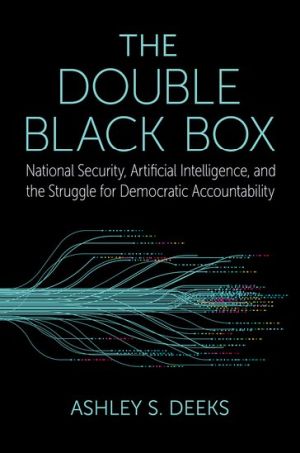
National security decisions pose a paradox: they are among the most consequential a government can make, but are generally the least transparent to the democratic public. The "black box" nature of national security decision-making —driven by extensive classification and characterized by difficulty overseeing executive actions—has expanded in the United States as executive power continues to grow.
The rise of artificial intelligence (AI) systems to enhance national security decision-making—or even to make autonomous decisions—deepens this challenge, because it is difficult to understand how AI algorithms, often described as "black boxes," reach their conclusions. The widespread use of AI inside the national security ecosystem renders U.S. national security choices even more opaque to the public, congressional overseers, U.S. allies, and even the executive officials making the decisions. How can we be confident that the U.S. governments use of these AI systems comports with our values, including rationality, lawfulness, and accountability?
The Double Black Box: National Security, Artificial Intelligence, and the Struggle for Democratic Accountability addresses these pressing challenges. Because China is committed to becoming the world leader in AI and faces fewer legal and values-based constraints on its pursuit of military AI, democracies' commitment to using AI in lawful and ethical ways will be tested. This book defines and explores the "double black box" phenomenon and then identifies ways that policymakers, military and intelligence officials, and lawyers in democratic states such as the United States can reap the advantages of advanced technologies without surrendering their public law values.